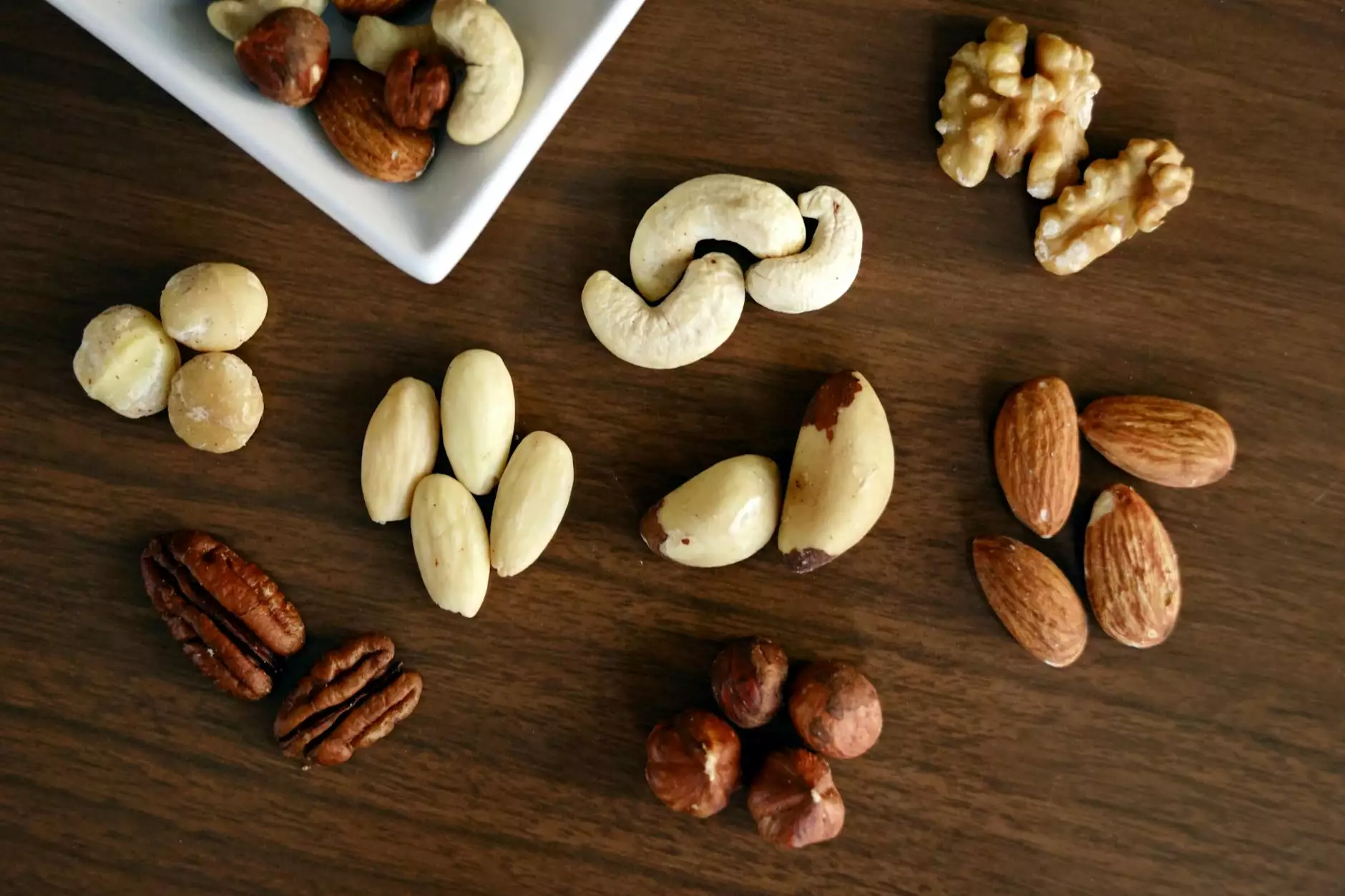Understanding Anti-Inflammatory Treatments for Horses

In the world of equine care, the health and well-being of your horse should always be a top priority. One critical aspect of maintaining your horse's health is effectively managing inflammation, which can arise from various causes, including injury, infection, or chronic conditions. This comprehensive guide delves deep into anti-inflammatory horse treatments, allowing you to make informed decisions for your equine companion.
The Importance of Anti-Inflammatory Care in Horses
Inflammation in horses is a natural response to injury and infection. However, when left unchecked, it can lead to pain, discomfort, and decreased mobility. Understanding the importance of anti-inflammatory horse treatments is key to ensuring your horse remains healthy and active. From racehorses to leisure ponies, all horses can benefit from proper inflammatory management.
Types of Inflammation in Horses
- Acute Inflammation: This is a short-term process that typically occurs after an injury. Symptoms include swelling and pain.
- Chronic Inflammation: Unlike acute inflammation, chronic inflammation persists for longer periods and often leads to lasting damage to tissues and joints.
- Local Inflammation: This occurs in a specific area of the body, usually due to an injury or infection.
- Systemic Inflammation: This type affects the whole body and can be associated with conditions such as colitis or laminitis.
Common Causes of Inflammation in Horses
Inflammation in horses can stem from numerous factors, including:
- Injury: Sprains, strains, and fractures often lead to localized inflammation.
- Infection: Viral, bacterial, or fungal infections can trigger both local and systemic inflammation.
- Allergies: Horses can experience allergic reactions to various substances, resulting in inflammation.
- Chronic Conditions: Diseases like arthritis or metabolic disorders often involve chronic inflammatory responses.
Recognizing Symptoms of Inflammation
Being able to recognize the symptoms of inflammation early can significantly improve your horse's recovery and treatment outcomes. Common signs include:
- Swelling: Visible puffiness in affected areas is a primary indication.
- Heat: Affected areas may feel warmer than the surrounding tissue.
- Pain: Changes in behavior, such as reluctance to move or willingness to bear weight on limbs.
- Stiffness: Decreased range of motion and difficulty while trotting or galloping.
- Changes in Appetite: A lack of interest in food can indicate discomfort.
Anti-Inflammatory Treatments for Horses
Several treatment options are available when it comes to managing inflammation in horses. Here’s a detailed overview of the most notable methods:
1. Non-Steroidal Anti-Inflammatory Drugs (NSAIDs)
NSAIDs are the most commonly used medications to reduce inflammation and alleviate pain in horses. These include:
- Phenylbutazone: Often referred to as "bute," this NSAID is widely used for its efficacy in treating pain and inflammation.
- Flunixin Megumine: Commonly used for both acute and chronic inflammation, this anti-inflammatory is particularly effective for fever and pain relief.
- Firocoxib: A newer NSAID that offers anti-inflammatory properties with a lower risk of gastrointestinal side effects.
2. Corticosteroids
Corticosteroids are another class of anti-inflammatory medications that can be effective in treating severe inflammation.
These include:
- Dexmethasone: A potent corticosteroid that reduces inflammation quickly but requires careful handling due to potential side effects.
- Prednisone: While commonly used in humans, it's less frequently prescribed for horses due to the necessity for careful dosing.
3. Therapeutic Injections
For localized treatment, therapeutic injections can be highly beneficial. These include:
- Hyaluronic Acid: This injectable treatment is often used for joint inflammation and can help improve mobility.
- Platelet-Rich Plasma (PRP): Utilized for its regenerative properties, PRP can reduce inflammation and promote healing.
- Stem Cell Therapy: A cutting-edge treatment aimed at regenerating tissues affected by chronic inflammation.
4. Alternatives and Complementary Therapies
In addition to conventional treatments, many horse owners turn to alternative therapies:
- Acupuncture: A traditional Chinese medicine technique that can help relieve pain and promote healing.
- Massage Therapy: Helps improve circulation and reduce muscle tension, benefiting overall mobility.
- Cold Therapy: Application of ice packs can help reduce inflammation and swelling in acute injuries.
- Heat Therapy: Applied strategically for chronic muscle pain and tension, improving blood flow and ease of movement.
Supportive Care and Management Strategies
Alongside medication, supportive care and overall management strategies play a vital role in managing inflammation in horses. Consider the following:
1. Nutritional Support
Supplements can provide necessary nutrients to help your horse combat inflammation naturally. Some useful supplements include:
- Omega-3 Fatty Acids: Found in flaxseed oil, they offer natural anti-inflammatory properties.
- Turmeric: Known for its active compound curcumin, turmeric can be effective in managing inflammation.
- Joint Supplements: Products containing glucosamine and chondroitin can assist in maintaining joint health.
2. Regular Exercise
Ensuring your horse engages in regular, controlled exercise is crucial for overall health. It helps maintain joint flexibility and muscle tone, which can prevent inflammation from returning.
3. Adequate Rest
Recovery is just as essential as treatment. Providing your horse with sufficient rest allows their body to heal and reduces the chances of chronic inflammation reoccurring.
Monitoring Your Horse's Response to Treatments
As a horse owner, it's imperative to monitor your equine companion closely when initiating any anti-inflammatory horse treatment. A log of symptoms and responses can help you and your veterinarian assess the effectiveness of the chosen regimen.
- Track Behavior Changes: Note any differences in appetite, mood, or mobility.
- Document Physical Changes: Take notes on swelling, joint mobility, and other visible symptoms.
- Sustain Communication with Your Veterinarian: Regular updates on your horse’s condition will ensure timely adjustments to treatment if necessary.
Conclusion
In summation, maintaining your horse's health through effective management of inflammation is a crucial aspect of responsible horse ownership. By understanding the various types of inflammation and the options available for treatment—from NSAIDs to alternative therapies—you can help your equine friend lead a more comfortable and active life.
Investing in your horse's health with proper anti-inflammatory horse care not only enhances their quality of life but can also prolong their athletic careers. Always consult with your veterinarian when considering treatment options to ensure the best possible outcomes for your horse.
For comprehensive resources, products, and expert advice on equine health, visit racehorsemedcare.com.
anti inflammatory horse


